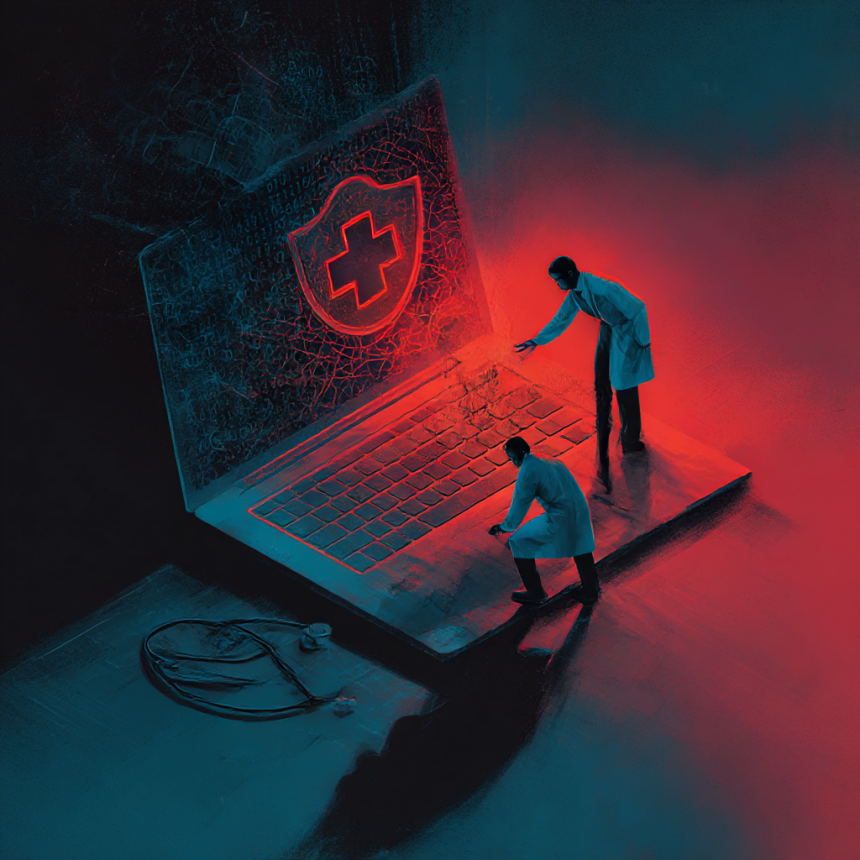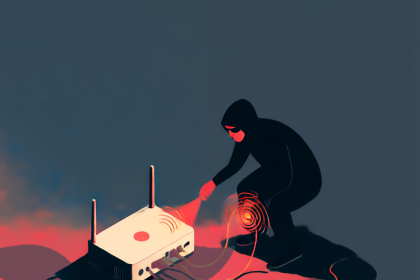Three separate healthcare organizations have disclosed significant data breaches affecting more than 175,000 individuals, highlighting the persistent threat cyberattacks pose to medical providers of all sizes. As reported by The HIPAA Journal, The incidents impacted CPAP Medical Supplies and Services, a Miracle Ear franchisee operated by Health Services LLC, and East Adams Rural Healthcare in Washington State. Each breach exposed sensitive personal and health information, including Social Security numbers, medical data, and insurance details.
CPAP Medical Supplies and Services, based in Jacksonville, Florida, reported that attackers gained access to its systems between December 13 and December 21, 2024. The breach potentially compromised the data of up to 90,133 patients, including military families and service members. Sensitive details such as names, dates of birth, SSNs, financial information, medical records, and health insurance data may have been stolen. While no misuse has been confirmed, CPAP is offering complimentary credit monitoring and identity theft protection to those affected.
Health Services LLC, a Miracle Ear franchisee, confirmed that attackers infiltrated its network from January 2 to January 28, 2025. Initially reported as affecting 2,400 individuals, the number of impacted patients has since been updated to 75,906. Exposed data includes contact details, Social Security numbers, health insurance information, and diagnosis/treatment records, representing a substantial privacy and security concern for hearing aid patients.
East Adams Rural Healthcare, a small 20-bed critical access hospital in Ritzville, Washington, disclosed that its systems were accessed by an unauthorized actor between September 7 and September 14, 2024. The final review revealed that 8,896 residents had their personal and medical data exposed, including SSNs and health insurance details. Although no confirmed misuse has been reported, the hospital has also provided affected individuals with identity protection services.
These breaches illustrate how attackers target healthcare organizations of all sizes—from large equipment providers to small rural hospitals—because of the high value of medical data. For healthcare and medical security professionals, the key takeaways are clear: implement rigorous monitoring to detect suspicious network activity early, conduct regular risk assessments across both IT and vendor systems, and prioritize timely patching of vulnerabilities. Encrypting sensitive data at rest and in transit, segmenting networks to limit lateral movement, and ensuring incident response plans are regularly tested will also reduce exposure. Most importantly, patient trust relies on strong cybersecurity—proactive defense measures are no longer optional but essential in safeguarding healthcare delivery.







